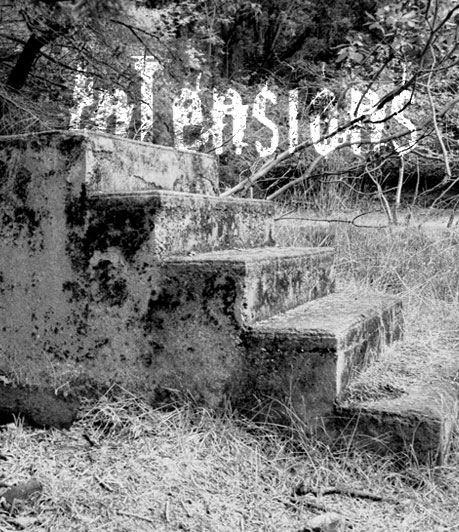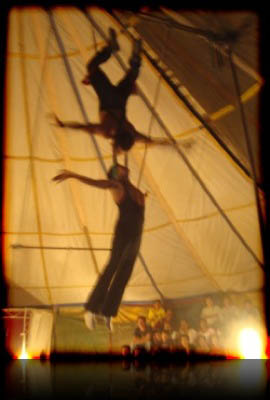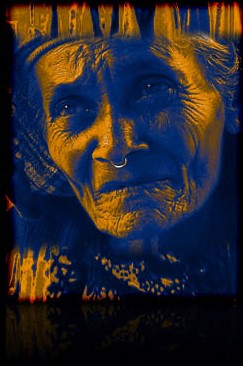Representing Suffering: Testimony at Rwanda's Gacaca Courts
DOI:
https://doi.org/10.25071/1913-5874/37318Abstract
In this paper, I examine dominant understandings of subjects of suffering, the witness, and testimony in Rwanda‘s local level courts for genocide crimes, called gacaca. I begin from the observation that, in the Western legal and ontological traditions, the primary subject of both testimony and suffering is presumed to be the bounded, autonomous, possessive individual. I suggest that this understanding of the subject of testimony overlooks a central attribute of state-sponsored political violence, namely, that it is targeted at groups rather than individuals. The paper concludes with a number of questions and cautions about what it might mean to understand the collective, rather than the individual, as the primary subject of suffering and testimony.
References
Agathangelou, Anna M. “Nationalist narratives and (dis)appearing women: state-sanctioned sexual violence. Canadian Woman Studies 19.4 (2000):12(10).
Anacleti, Odhiambo. “The Regional Response to the Rwandan Emergency.” Journal of Refugee Studies 9 (1996): 303-311.
Antze, Paul and Michael Lambek. “Introduction: Forecasting Memory.” Tense Past: Cultural Essays in Trauma and Memory. Ed. Paul Antze and Michael Lambek. New York: Routledge, 1996. xi-xxxviii.
Arendt, Hannah. Eichmann in Jerusalem: A Report on the Banality of Evil. New York: Penguin Books, 1963.
Bourgois, Philippe. “The Continuum of Violence in War and Peace: Post-Cold War Lessons from El Salvador.” Violence in War and Peace: An Anthology Ed. Nancy Scheper-Hughes and Philippe Bourgois. Oxford: Blackwell Publishing, 2004.
Casey, Edward S. Remembering: A Phenomenological Study. Bloomington: Indiana University Press, 1987.
Digneffe, Francoise and Jacques Fierens. Justice et Gacaca: L’Expérience Rwandaise et le Génocide. Namur, Belgique: Presses Universitaires de Namur, 2003.
Douglass, Ana and Thomas A. Vogler. “Introduction.” Witness and Memory: The Discourse of Trauma. Ed. Ana Douglass and Thomas A. Vogler. London; New York: Routledge, 2003. 1-53.
Feldman, Allen. “Memory Theaters, Virtual Witnessing and the Trauma Aesthetic.” Biography 27(2004):163-202.
Green, Linda. Fear as a Way of Life: Mayan Widows in Rural Guatemala. New York: Colombia University Press, 1999.
Halbwachs, Maurice. The Collective Memory. New York: Harper and Row, [1925] 1992.
Hayner, Priscilla B. Unspeakable Truths: Confronting State Terror and Atrocity. New York: Routledge, 2001.
Herman, Judith. Trauma and Recovery. New York: Basic Books, 1992.
Hintjens, Helen. “Post-Genocide Identity Politics in Rwanda.” Ethnicities 8 (2008): 5-41.
Jones, John R.W.D. International Criminal Practice: The International Tribunal for the Former Yugoslavia, the International Tribunal for Rwanda, the International Criminal Court, the Special Court for Sierra Leone, the East Timor Special Panel for Serious Crimes, the War Crimes Prosecutions in Kosovo. Oxford: Oxford University Press, 2003.
Krader, Lawrence. “Person, Ego, Human Spirit in Marcel Mauss: Comments.” The Psychoanalytic Review 55 (1968): 482-490.
Kymlicka, Will. Mulitcultural Citizenship: A Liberal Theory of Minority Rights. Oxford, England: Clarendon, 1995.
Lambek, Michael. “Memory in a Maussian Universe.” Memory Cultures: Memory,Subjectivity and Recognition. Ed. Susannah Radstone and Katharine Hodgkin. Transaction Publishers, 2006. 202-216.
Merry, Sally E. “Anthropology, Law and Transnational Processes.” Annual Review of Anthropology 21 (1992): 357-369.
Molenar, Arthur. Gacaca: Grassroots Justice after Genocide: The Key to Reconciliation in Rwanda? Leiden: African Studies Centre, 2005.
National Service of Gacaca Courts. Process of Collecting Information Required in Gacaca Courts. Kigali: Republic of Rwanda, 2004.
Oglesby, Elizabeth. “Educating Citizens in Postwar Guatemala: Historical Memory and Genocide and the Culture of Peace.” Radical History Review 97 (2007): 77-98.
Ricoeur, Paul. Memory, History, Forgetting. Chicago: University of Chicago Press, 2004.
Ross, Fiona. Bearing Witness: Women and the Truth and Reconciliation Commission in South Africa. London; Sterling, VA: Pluto Press, 2003.
Schabas, William. The UN International Criminal Tribunals: The Former Yugoslavia, Rwanda, and Sierra Leone. Cambridge: Cambridge University Press, 2006.
Scheper-Hughes, Nancy and Philippe Bourgois, Ed. Violence in War and Peace: An Anthology. Oxford: Blackwell Publishing, 2004.
Stover, Eric and Harvey M. Weinstein. “Introduction: Conflict, Justice and Reclamation.” My Neighbor, My Enemy: Justice and Community in the Aftermath of Mass Atrocity. Ed. Eric Stover and Harvey M. Weinstein. Cambridge; New York: Cambridge University Press, 2004.1-26.
Thompson, Richard H. “Ethnic Minorities and the Case for Group Rights.” American Anthropologist 99 (1997): 786-798.
Université Nationale du Rwanda Centre de Gestion de Conflits. Les Juridictions Gacaca et les Processus de Réconciliation Nationale. Kigali: Palloti-Presse, 2001.
Vidal, Claudine. “La Commémoration du Génocide au Rwanda.” Cahier d’ƒtudes Africaines. 175 (2004).
Williams, Raymond. Keywords: A Vocabulary of Culture and Society. New York: Oxford University Press, [1976] 1983.
Wilson, Richard. The politics of truth and reconciliation in South Africa : legitimizing the post-apartheid state. New York: Cambridge University Press, 2001.
Young, Allan. The Harmony of Illusions: Inventing Posttraumatic Stress Disorder. Princeton: Princeton University Press, 1993.





